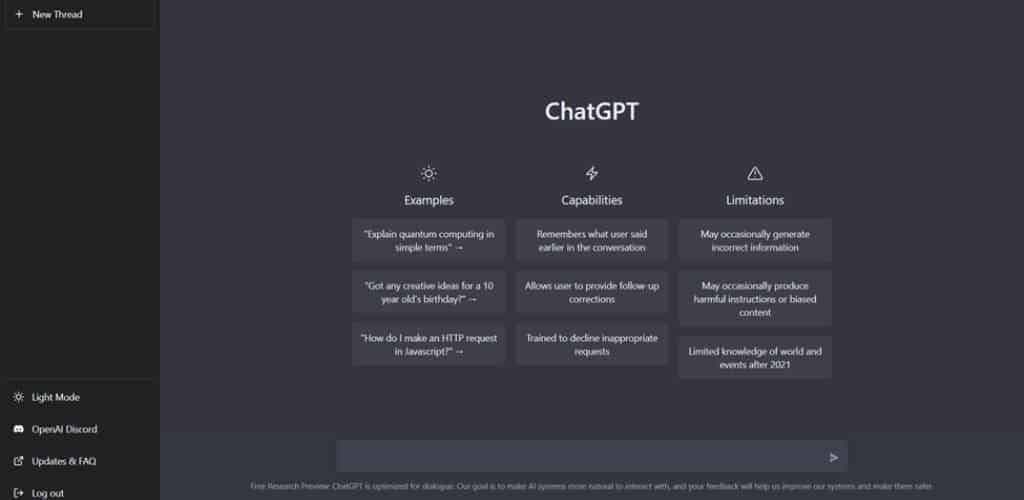Getty Images recently announced that it had commenced legal proceedings in the High Court of Justice in London against Stability AI. Getty claims Stability infringed its intellectual property (IP) rights, including copyright, in content owned or represented by Getty Images.
The claim is based on the standard practice of using images (and other content) to “train” AI engines to generate “new” content.
Getty stated that
Getty Images provided licenses to leading technology innovators for purposes related to training artificial intelligence systems in a manner that respects personal and intellectual property rights. Stability AI did not seek any such license from Getty Images and instead, we believe, chose to ignore viable licensing options and long‑standing legal protections in pursuit of their stand‑alone commercial interests.
AI applications that can generate text, pictures, music, and other material normally created by humans are becoming increasingly sophisticated and raising all sorts of legal, business, and educational issues.
As The Guardian reported,
New York City schools have banned ChatGPT, the artificial intelligence chatbot that generates human-like writing including essays, amid fears that students could use it to cheat.
The New York Times noted that
ChatGPT is, quite simply, the best artificial intelligence chatbot ever released to the general public. It was built by OpenAI, the San Francisco A.I. company that is also responsible for tools like GPT-3 and DALL-E 2, the breakthrough image generator that came out this year.
In addition to the Getty suit in the UK, two similar suits were recently filed in the United States District Court for the Northern District of California by the same lawyers.
In Doe v. Github, a putative class of software developers has sued GitHub (an open-source code repository), OpenAI, and Microsoft (which owns GitHub and is a major investor in Open AI) over Copilot, an AI tool developed by GitHub and Open AI using GPT-3 that “promises to assist software coders by providing or filling in blocks of code using AI.”
The plaintiffs claim that the code they posted to GitHub under open-source licenses was used as training data for Copilot without their permission.
They claim breach of contract (for violation of the terms of the open-source licenses) but don’t claim copyright infringement.
In Andersen v. Stability AI et al., three visual artists sued Stable AI, MidJourney (an image generator), and Deviant Art for using the artists’ work to generate new and allegedly infringing derivative works.
In this case, the plaintiffs do claim copyright infringement.
Under US copyright law, a copyright owner has the exclusive right to create “derivative works” of his or her own work.
For example, derivative works can include:
- A translation of a short story into another language
- A sequel to a video game using the same characters and settings
- An opera based on a novel
Generally, there’s a one-to-one correlation between an original work and the derivative work. A major issue is whether there’s substantial similarity between the original and the one alleged derivative work.
But what happens when hundreds or thousands of original works are used as “fodder” for an AI engine creating potentially millions of new works?
Is this like an artist drawing inspiration from, and learning from, the work of other artists (which is allowed under copyright law and considered socially beneficial), or is this infringement?
Certain forms of copying are allowed as fair use under copyright law if they’re considered “transformative.” For example, as we discussed in this blog, the US Supreme Court concluded that Google’s copying of an API to reimplement a user interface, taking only what was needed to allow users to put their accrued talents to work in a new and transformative program, constituted fair use of that material as a matter of law.
As the New York Times reports, the Supreme Court is also taking up the question of what’s “transformative” in the area of fine art – in this case, Andy Warhol prints based on a photographer’s pictures of the musical artist Prince.
That Supreme Court decision may affect how lower courts resolve the pending AI-related disputes.
Just like the haiku above, we like to keep our posts short and sweet. Hopefully, you found this bite-sized information helpful. If you would like more information, please do not hesitate to contact us here.


